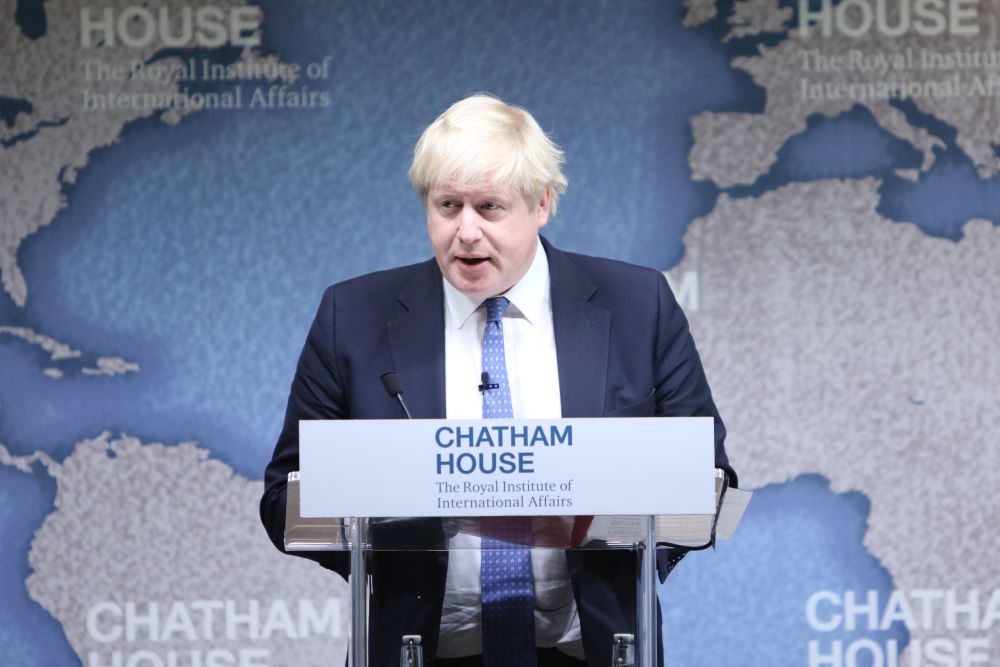
Boris Johnson has admitted Britain may continue to allow the free movement of people from the EU after Brexit.
The Foreign Secretary said immigration controls were likely to be imposed after the so-called implementation phase, which will extend beyond the two-year negotiations.
Continuing to allow EU migrants to settle in the UK without restrictions would allow the economy to attract talented people, Mr Johnson said.
The Vote Leave campaigner said: “In the last 10 years I have been one of the few British politicians to speak up on the benefits of immigration.”
He added that Brexit Britain didn’t want to “close the doors”.
Mr Johnson has previously said 'seasonal migrants for farms would still work in a 'Brexit' UK, but with controls'.
'Fail to feed nation'
Farmers will fail to feed the nation successfully if migrant workers are excluded from vital jobs across the rural economy, the CLA told MPs looking into labour constraints in agriculture.
The CLA which represents landowners, farmers and rural businesses told the Environment, Food and Rural Affairs (Efra) Select Committee inquiry that the sector would face reduced production and growth which could lead to increased food imports and prices if access to migrant labour is closed down post-Brexit.
CLA Deputy President and Cambridgeshire farmer Tim Breitmeyer said farms and other rural businesses need to know that after Brexit there will still be a 'flexible, skilled and secure' workforce so they can plan for the future and invest in their business.
Mr Breitmeyer said: “The rural economy is already at risk due to labour shortage. We need certainty that a new seasonal agricultural workers scheme will be introduced immediately and not after the UK leaves the EU.”
'Barrier-free' access
UK firms need to continue to have 'barrier-free' access to European Union markets after Brexit, the CBI business lobby group has warned.
In their report called Making a Success of Brexit, the Confederation of Business Industries (CBI) says access to barrier-free trade and skilled migrant labour should be at the heart of any deal.
The government said it was committed to delivering the best possible access to European markets for UK businesses.
It also drew attention to the 'thousands' of conversations it has had with firms across 18 sectors within the country, which underlined different priorities for British firms. It fears there is a danger of some sectors getting left behind.
The National Farmers' Union (NFU) has previously said that action must be taken to address shortages in migrant labour on British farms which could leave crops to rot.
